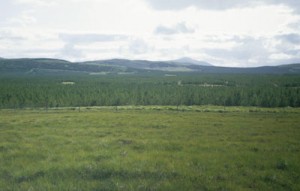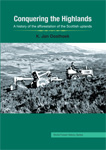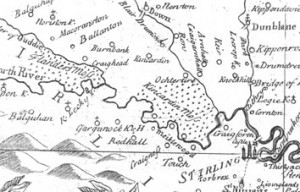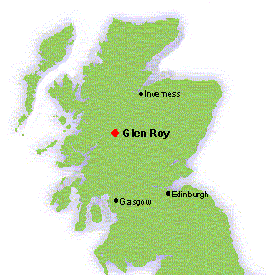Since at least the 18th century Scotland has been the centre of forestry knowledge in Britain. Many foresters and botanists trained on Scottish estates went into the colonial service in during the 19th century and what they brought with them was a unique set of forestry skills. This paper examines the influence of Scottish foresters on the development of empire forestry in British India. Scottish-trained foresters aided the adaptation of continental forestry models, mainly German and French, to the Indian conditions, drawing on their experience gained in Scotland. Returning from their service in India they went on to advocate the creation of a forestry service in Scotland, which resonated with landowners who believed that forestry would make the Highlands more productive.
This podcast is the registration of a seminar talk given by Jan Oosthoek in the School of History, Philosophy, Religion and Classics at the University of Queensland, Brisbane, 22 March 2013.
Music credit
“Where You Are Now” by Zapac Available from ccMixter




Recent Comments